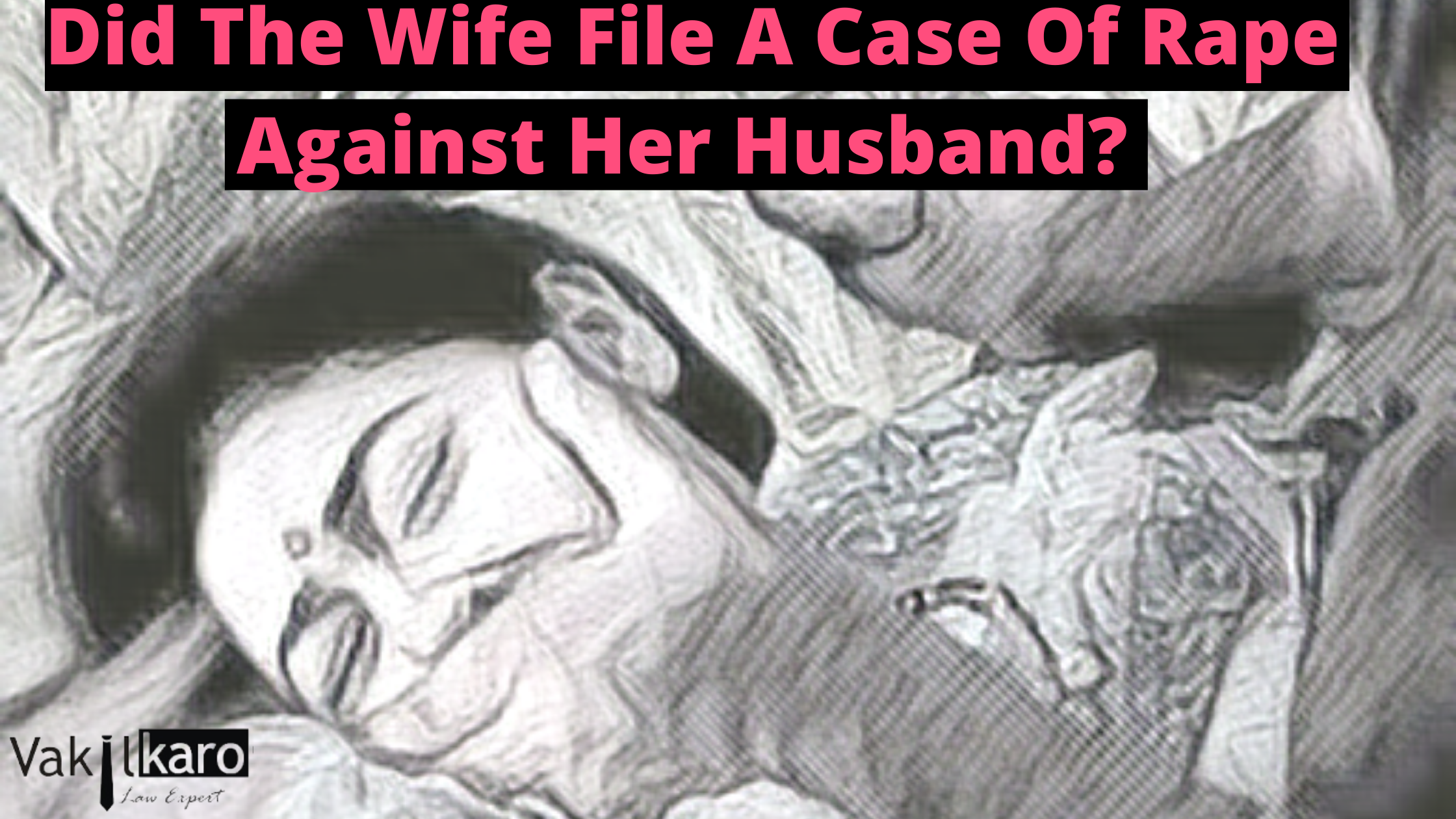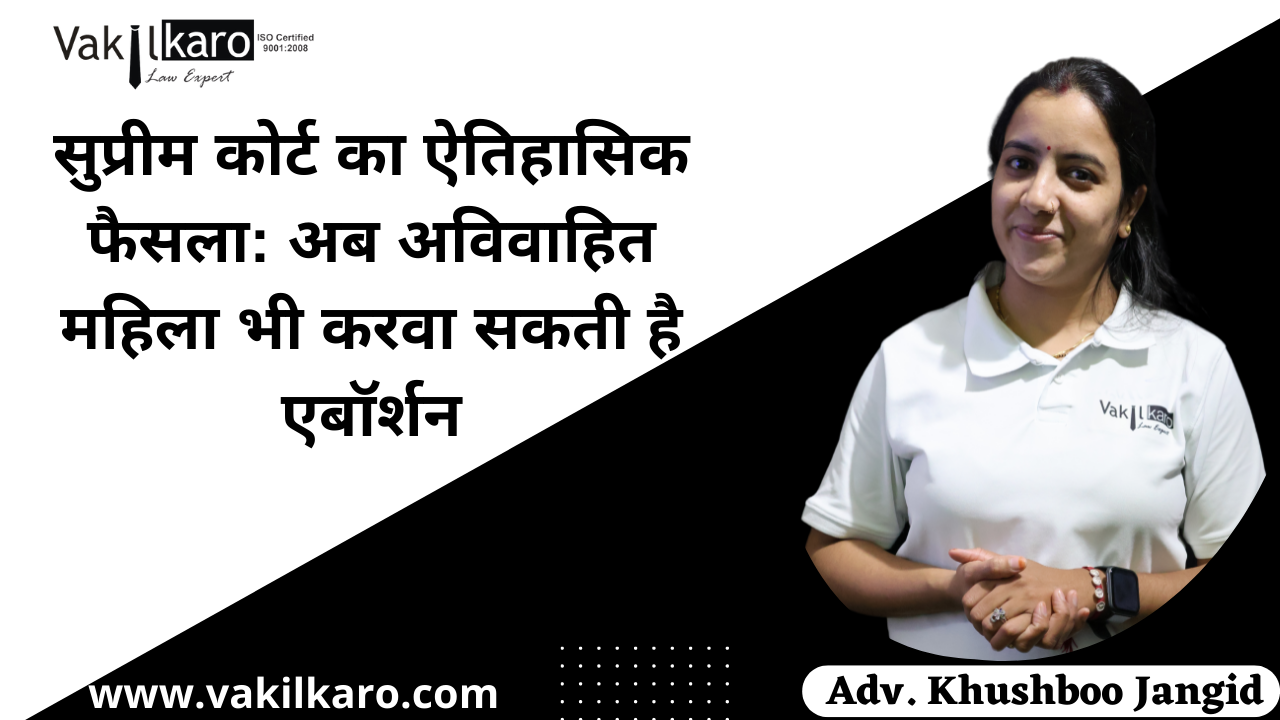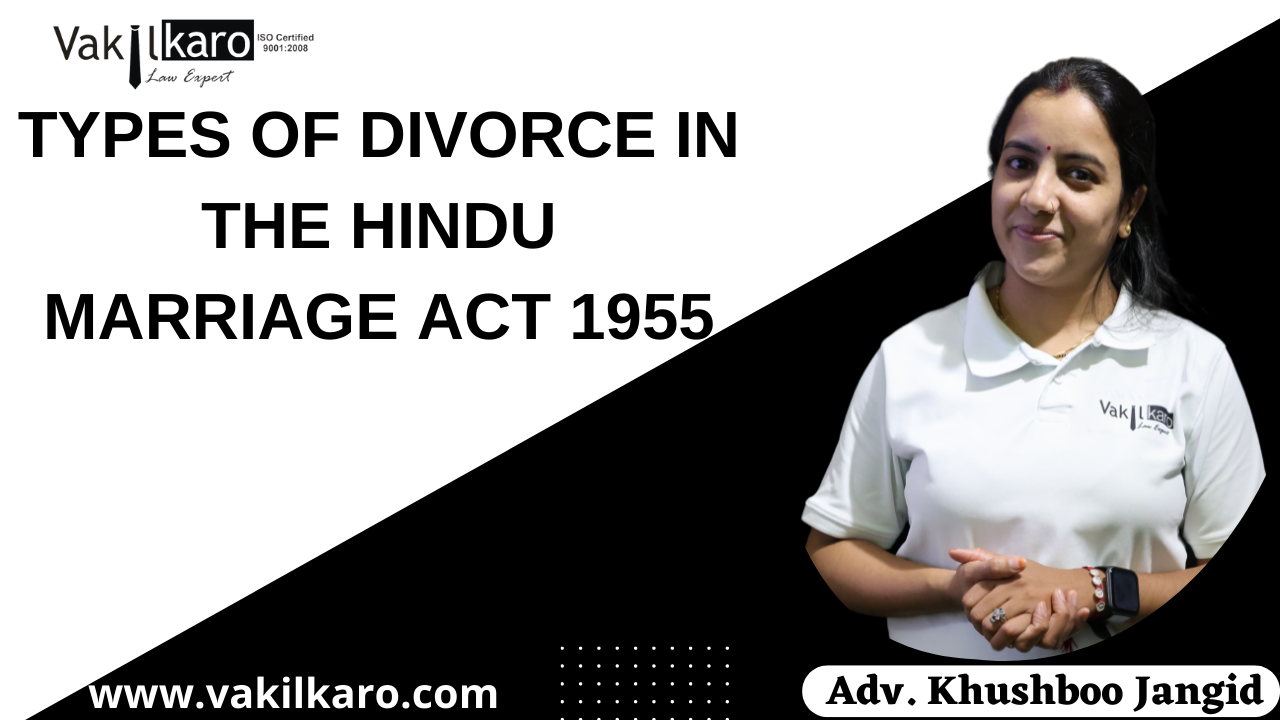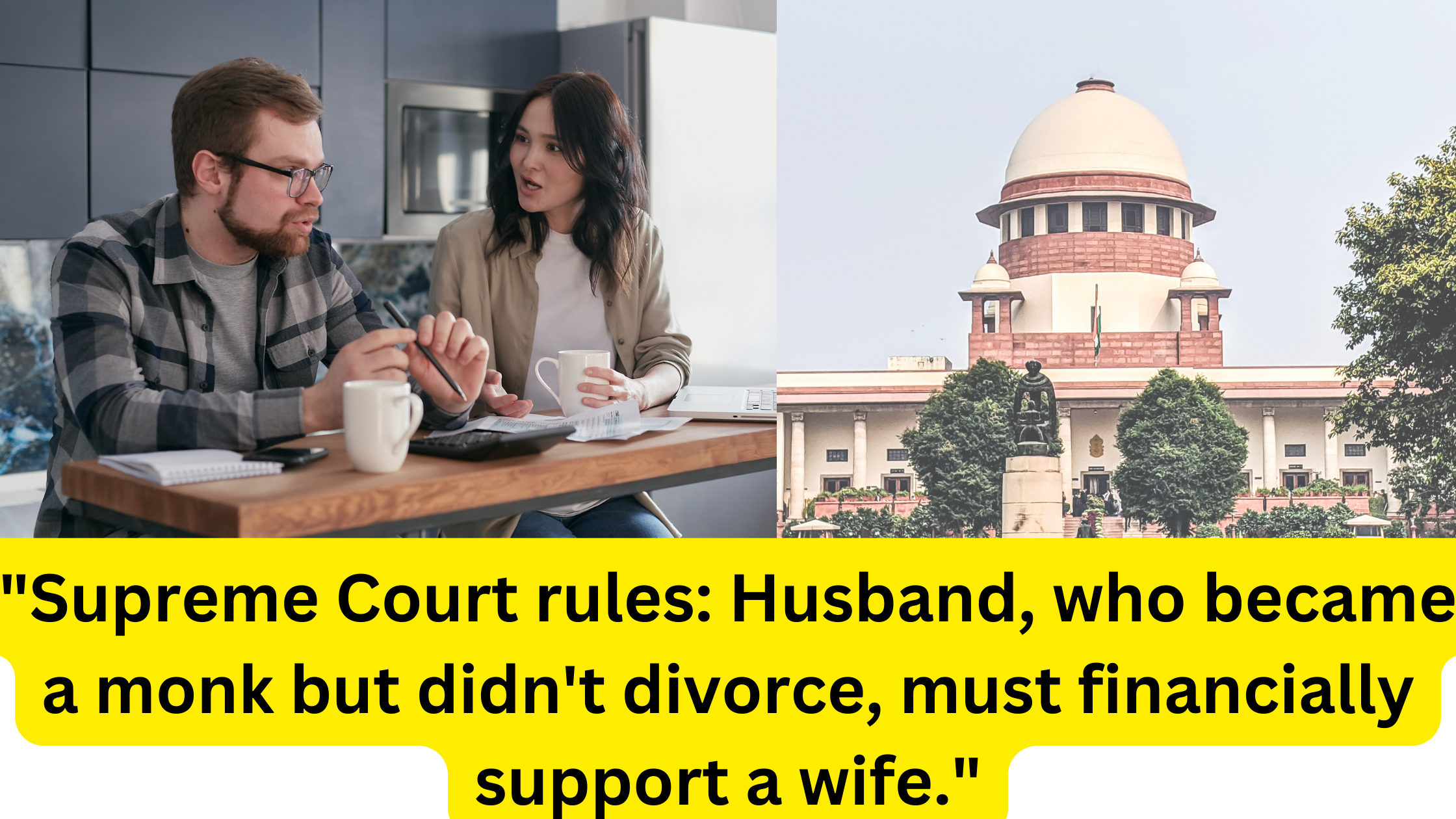What is a live-in relationship, and when is it right in the eyes of the law to be in a live-in relationship?
The culture of 'lives in relationships' is overgrowing in India. Now the living of a married woman or man with an unmarried person is also being given the name 'live-in relationship.'
Live-in relationships come from western culture and are common there, but living with a man and woman without marriage was not accepted in Indian civilization. But in the changing lifestyle, it is also being adopted in India. Since living in a live-in relationship has become commonplace in big cities today, the Supreme Court has declared it a law. Since the Indian Parliament has not passed any law regarding live-in, the order of the Supreme Court itself acts like a law in this case, and the Supreme Court considers live-in completely valid.
According to the Supreme Court, two adults (boy and girl) can lead a family-marital life of their own free will even without getting married. The Supreme Court has also said that the legislature considers the live-in relationship valid.
In 2013, the Supreme Court issued a guideline regarding live-in relationships. According to this, this court will decide that the relationship, which has been going on for a sufficiently long time, should be enough to be considered sustainable. If both partners share their financial and other resources for a long time, this relationship will also be called live-in.
When are live-in relationships valid in the eyes of the law?
- Live-in relationships, that is, living together in a house for a long time without getting married, have been questioned repeatedly. For some, it is a matter of fundamental rights and private life, while some weigh it in terms of social and moral values.
- In one case, the Allahabad High Court has upheld the demand for police protection for two adult couples living in a live-in relationship, saying it falls under the "right to life under Article 21". In this case, the petitioners had told the court that despite living with the partners of their own volition for two years, their families were interfering in their lives, and the police were not listening to their appeals for help.
- The court made it clear in its judgment that "live-in relationships need to be viewed through the prism of personal autonomy and not from the notions of social morality."
- The Parliament of India has not made any law on live-in relationships, but the Supreme Court has clarified the legal status of such relationships through its decisions.
- Despite this, different courts have taken different stances in such cases. They have dismissed petitions for help like police protection by terming live-in relationships as "immoral" and "illegal" in several judgments.
When is it right in the eyes of the law to be in a live-in relationship?
- In 2006, 'adultery,' i.e., adultery, was illegal under section 497 of IPC. Therefore, the freedom the Supreme Court judgment gave did not apply to cases that came under adultery. A live-in relationship between a married person and an unmarried person, or between two married people, was not valid in the eyes of the law. Then in 2018, while ruling on public interest litigation, the Supreme Court struck down the 'adultery' law.
- The Supreme Court had cited its decision in 2010 in the case of actress Khushboo's statement in support of any reference to 'pre-marital sex' and 'live-in relationship.' Dismissing 23 criminal complaints filed against her after Khushboo's statement, the court had said, "There is no doubt that marriage is important in the social structure of India, but some people do not agree with this, and pre-marital Accepts sex as a right. The purpose of criminal law is not to punish people for expressing their unpopular views."
Will a married living with another unmarried be considered a 'live-in relationship'?
- A married person living under one roof with an unmarried person is not a live-in relationship. If a married person lives as an available person without divorcing his first spouse, where does it go to adultery? Adultery is no longer a legal offense, but it is still grounds for divorce under the Hindu Marriage Act.
What has the Supreme Court said about live-in relationships?
- In 2010, the Supreme Court had given an important decision regarding live-in relations that it cannot be called a domestic relationship by merely being with each other or spending the night with someone. At the same time, the court had also said that the woman was not entitled to maintenance in this case.
Why is legal action taken against people in life in a relationship?
- Some live-in relationship laws have been made keeping in mind women's safety. With this, a man cannot leave after being in a live-in relationship with a girl just for sex. If he goes, then legal action can be taken against him. Women living in live-in have all those legal rights to the Indian wife constitutionally.
- protected from domestic violence
- right to property
- alimony in case of a breakup
- child's right of inheritance
If a boy leaves the said girl after living in a live-in, the court will work to get the above facilities to her. For this, the victim girl has to present the evidence of being in a live-in, especially the paper of financial transactions, before the court.
When will living in a relationship be valid?
Live in the core has been defined and given legal recognition under Section 2(f) of the DV Act 2005.
-
- A couple must live together for life; they must live together like husband and wife. Although there is no set time limit for this, they must be together continuously. Such a relationship will not be considered a life in which someone has been together once, gets separated, and then stays together for a few days.
- It will be mandatory for the live-in couple to live in the same house as husband and wife.
- They have to use the same household items jointly.
- Live-in partners will have to help each other with household chores like husband and wife.
- It will be necessary for the couple living in live-in to give them lots of love and affection and take a proper upbringing if they have children.
- Society should be aware that the couple is living in a live-in relationship because there is a good relationship, so it should be informed.
- It is essential for the people living in the live-in relationship to be an adult; if the couple does not become an adult, the relationship will not be considered valid.
- The essential condition of a live-in relationship is that both the person should not have any husband or wife beforehand; if a person makes a live-in relationship with someone else while being the husband or wife in the past, then it will be considered illegal.
Living in a live-in while married can lead to divorce:
-
- Two adult parties can live with each other by mutual consent, and no case will be made on this because, at present, adultery has been removed from the crime category in India.
- If these two parties marry among themselves, a criminal case can be made, but while live-in, no criminal case will be made. Regarding live-in, the Supreme Court of India has also issued guidelines in which it has been told that live-in should not be hidden but should be clear. The public should be aware that these two people are related to living in a live-in without marriage.
- If any parties to a marriage, other than one of the spouses, live in a live-in with another person, then the opposite party gets grounds for divorce. The Hindu Marriage Act of 1955 treats adultery as a ground for divorce.
- In this situation, the aggrieved party can institute a case in the court and seek divorce where he can say to the court that the party to the marriage is living in a live-in with another person and is committing adultery while still in the live-in and that he has the right to divorce because of his adultery. He can get a divorce under Section 13 of the HMA, but the aggrieved person cannot file any criminal case on live-in.
We hope you liked our written blogs. You can also read blogs on other legal topics available on our website. You can view our services by visiting our website. If you want any Civil or Criminal guidance or help of any Lawyer regarding the matter, You may reach us via mail at help@vakilkaro.co.in or call us at +91 9828123489 to resolve any legal problem.
VakilKaro is a Best Legal Services Providers Company, which provides Civil, Criminal & Corporate Laws Services and Registration Services like Private Limited Company Registration, LLP Registration, Nidhi Company Registration, Microfinance Company Registration, Section 8 Company Registration

 +91 9828123489
+91 9828123489 +91 9828123489
+91 9828123489 help@vakilkaro.co.in
help@vakilkaro.co.in.jpg)







.png)







.jpg)
.png)


.png)
.jpg)
 +91 9828123489
+91 9828123489 help@vakilkaro.co.in
help@vakilkaro.co.in